Find & Compare
Content Marketing Tools
Find content marketing tools for your business, compare prices & features
to get a great deal.
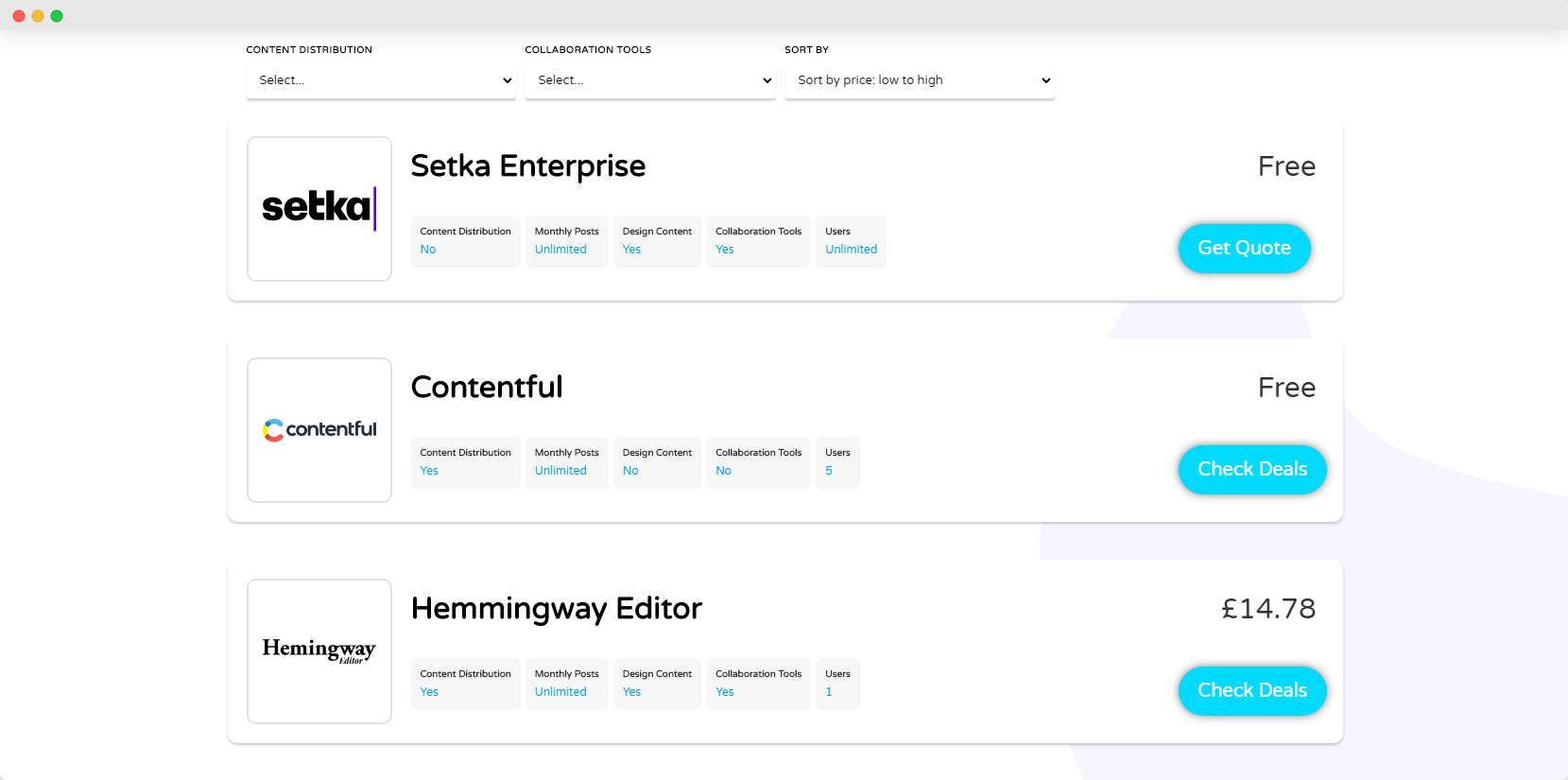
What are Content marketing tools?
Content marketing tools bring together several features for marketing a business’ content.
They usually include features for content creation, optimisation, promotion, automation and analytics.
These platforms can vary in what precise features they offer, but all of them have the common goal of helping a company realise its content marketing strategy.
Content marketing is, in recent years, one of the most effective forms of advertising a business can undertake, but it’s also time-consuming and resource intensive.
Marketers can produce multiple pieces of content a day, and organising the deployment and tracking of those pieces can introduce a lot of overhead into your marketing strategy.
The basic goal of a CMP is to unify the various strands that make up content marketing – content creation, deployment, analysis – in order to simplify the process, save time and provide a single tool for the rest of your marketing software to integrate with.
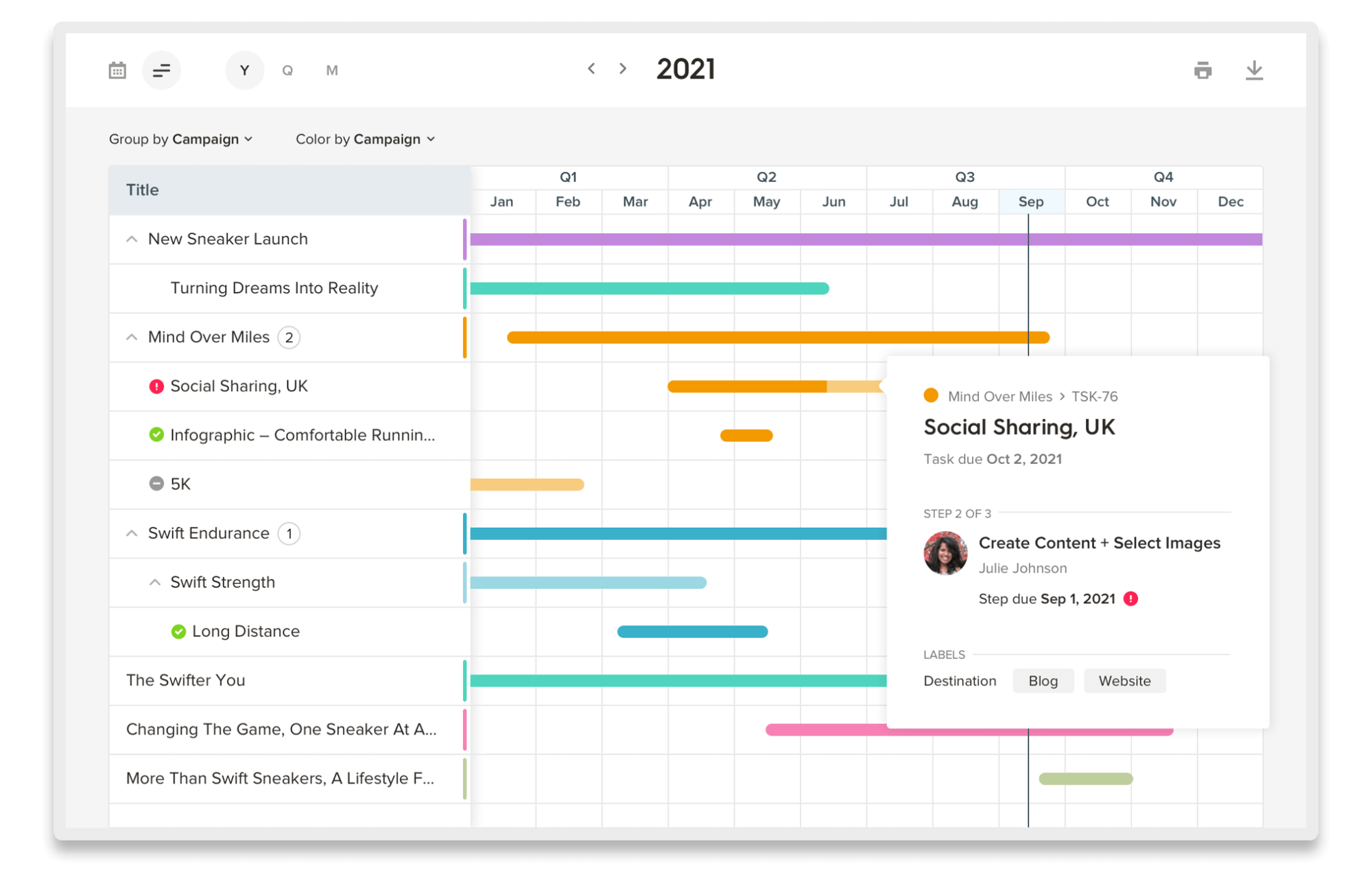
Efficiency
The goal of almost any piece of software is to save us time by cutting down on repetitive tasks and automating them for us. That’s exactly the case with CMPs as well. Their tools speed up the content creation process and use their intelligent algorithms to cut down on testing what pieces have been the most successful, which is always one of the most time-consuming parts of any marketing campaign.
Compliance
Using a centralised platform to manage all your content production makes it trivial to enforce consistency in your content. As an added bonus, it makes it just as easy to make sure all your marketing communications adhere to whatever legal standards and regulations that apply in your local area. No more nightmares of a lurking GDPR fine!
Data-driven analysis
Measuring the ROI of content marketing campaigns is infamously tricky. But if there’s one thing computers are good at, it’s crunching numbers. The advanced analysis and optimisation tools of a CMP mean you can easily identify the common features of your best-performing content. This lets you develop standards of excellence for new content going forwards that’s based on hard data, not gut feelings and vague intuitions.
SEO Copywriting
Some content marketing tools comes with writing tools that help you create well-written content. This will help your website’s SEO (search engine optimisation) performance, helping your site to show up in search engine results.
Choose the best content marketing tools
Why use content marketing tools?
When you first learn about them, content marketing tools can seem awfully abstract.
It’s hard to understand on an intuitive level what benefits they’d bring to your business.
To counter that, let’s go through a quick rundown on some of the biggest advantages to using this kind of software as the backbone of your marketing strategy.
Find & Compare
Content Marketing Tools
We compare dozens of different content marketing tools to help you make the best choice
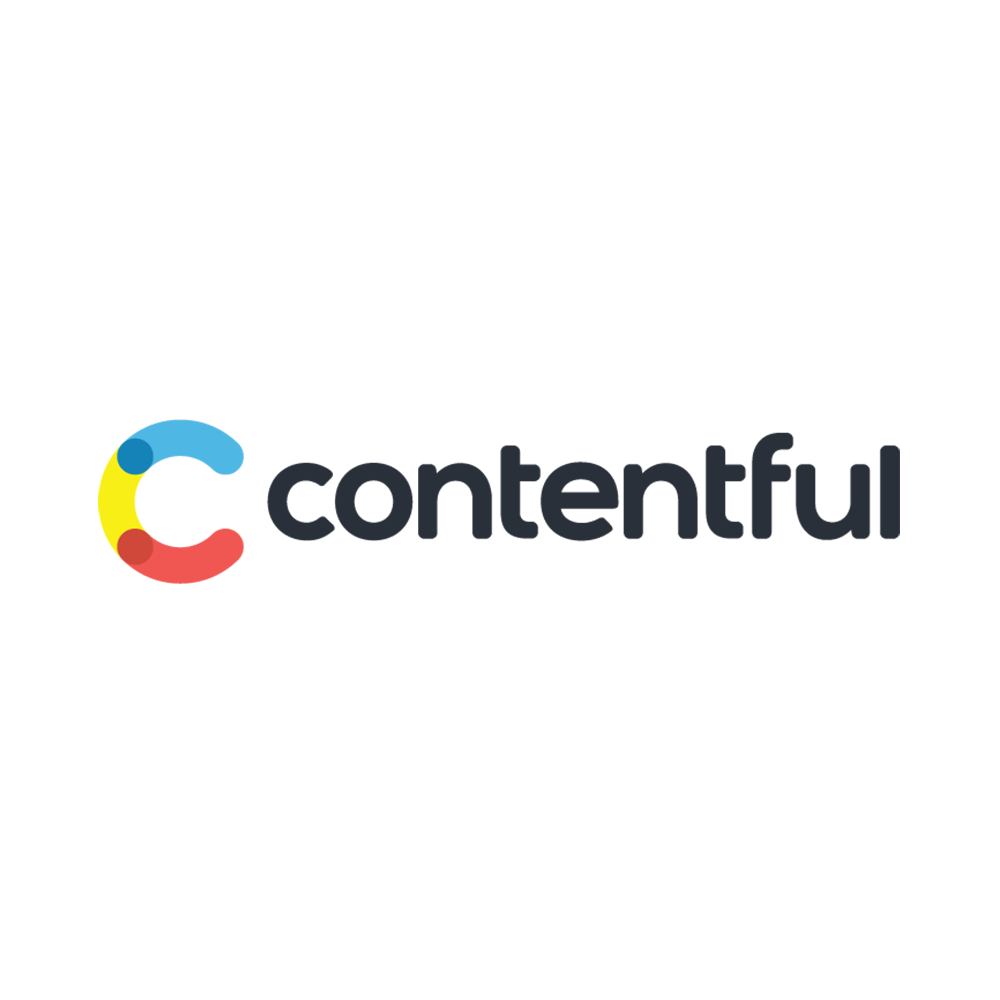

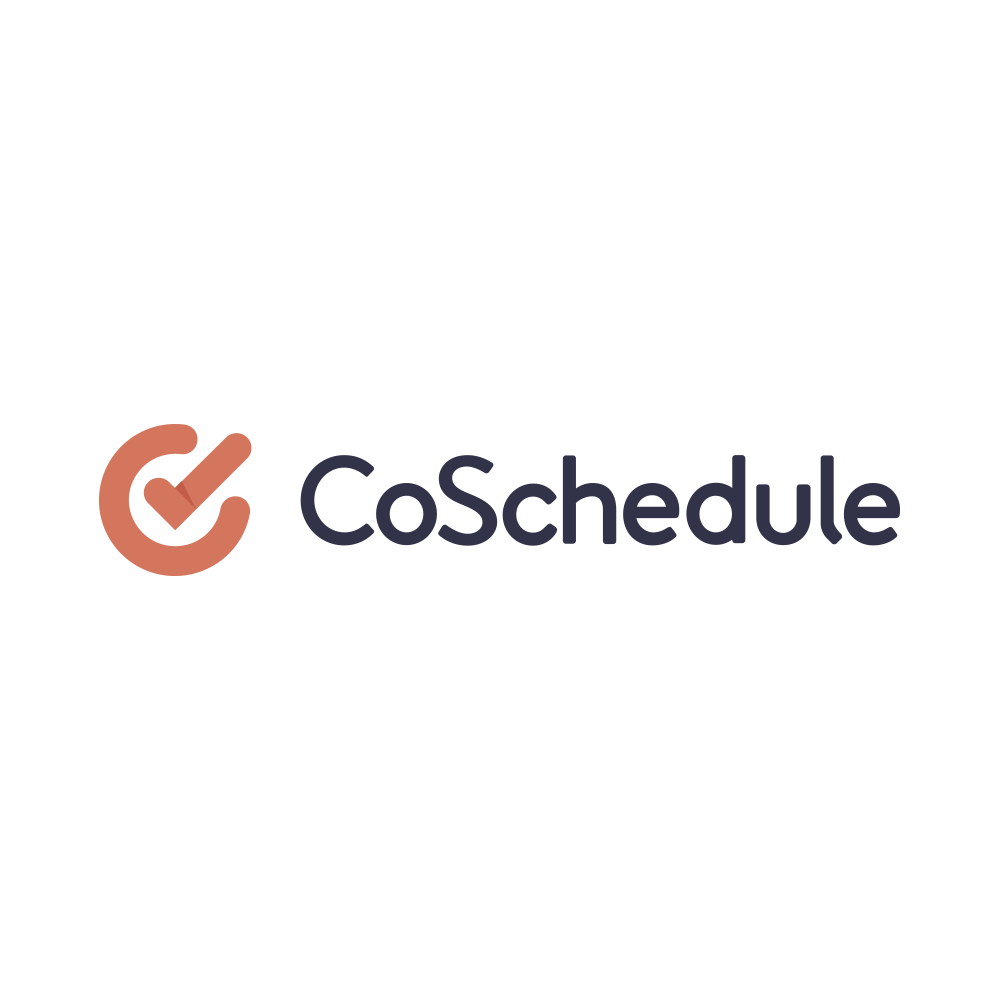
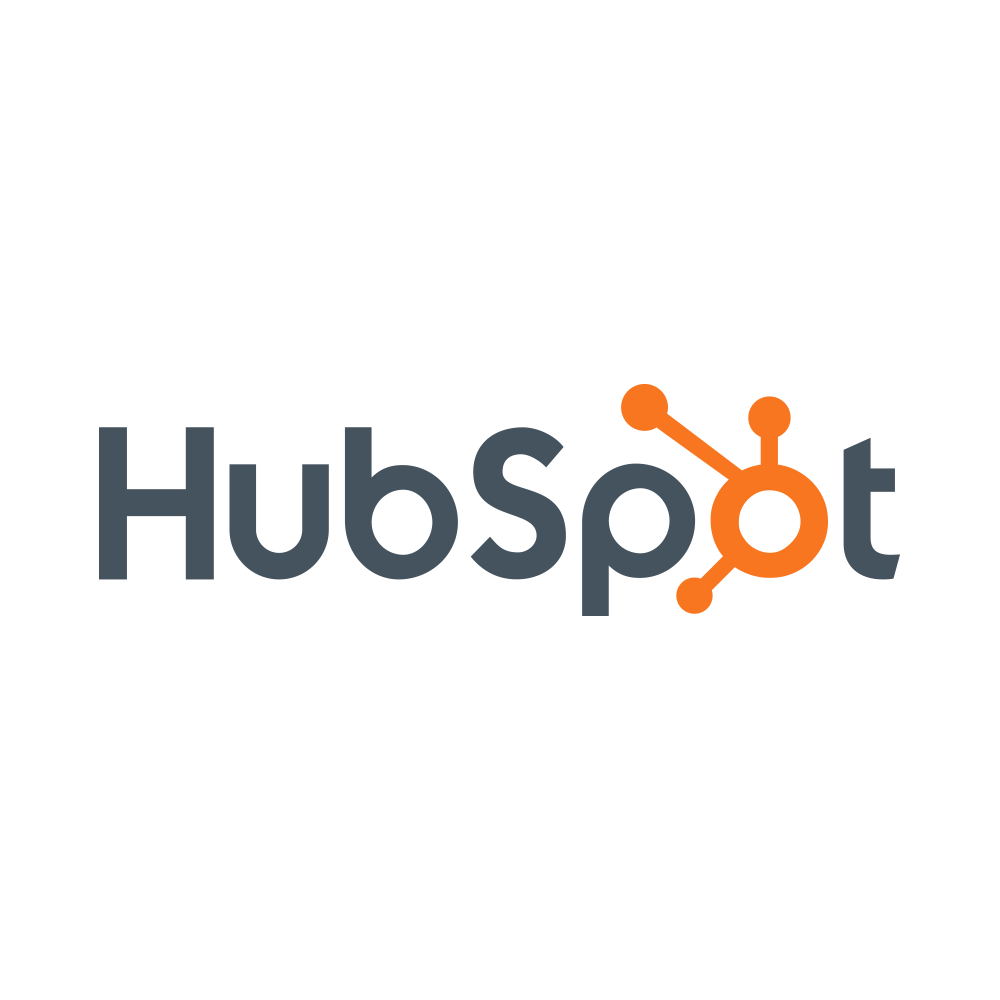

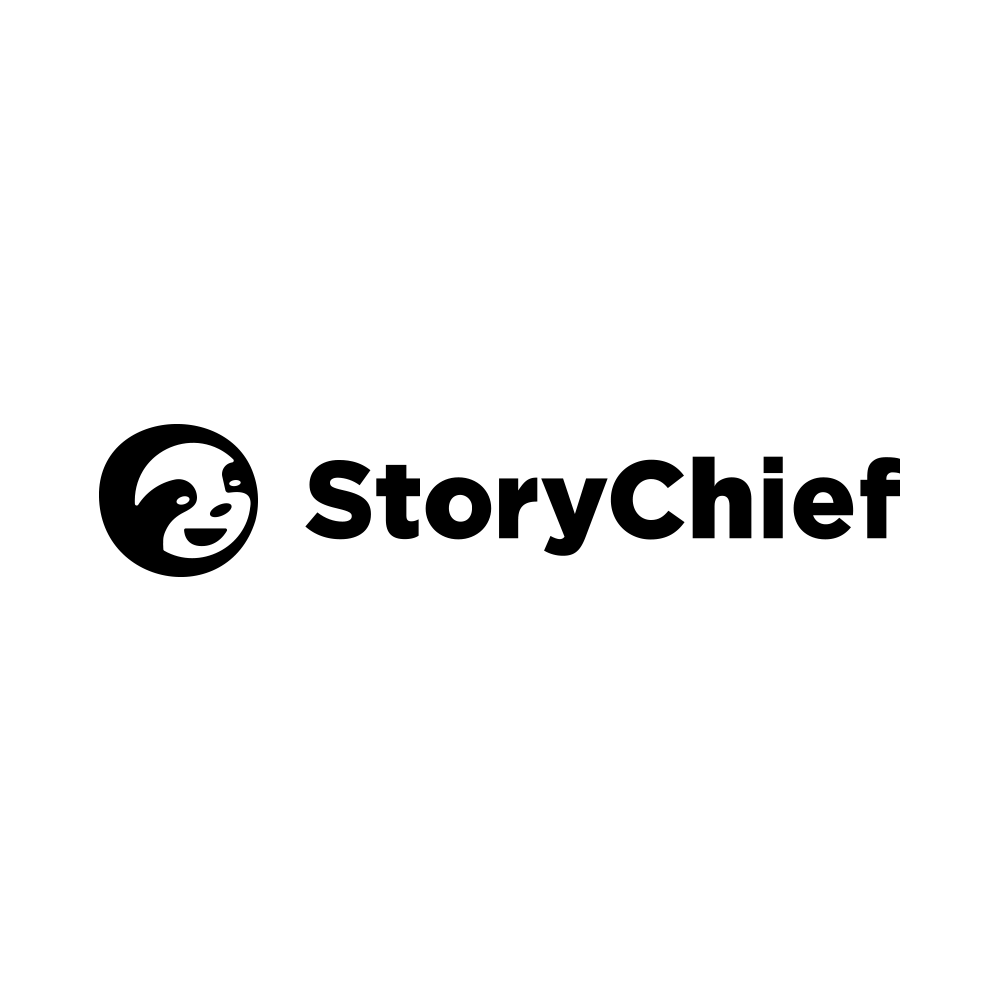
Questions?
Content Marketing Tools FAQs
Here’s some simple, jargon-free answers.
It’s no secret that the content marketing tools market is big.
There’s dozens of major tools out there, each offering enough bells and whistles to make your head spin.
How are you supposed to decide which one’s best for your business?
The number one rule, of course, is to clearly set out what your goals are in your content marketing campaigns.
Any tool that doesn’t directly support your goals goes to the back of the list.
But beyond that, here are some more specific questions you should ask to determine how useful a given CMP will be for you.
What’s your budget?
The sky’s the limit when it comes to how much you could spend on a fully-featured CMP.
But you can’t just consider the initial investment of getting it set up on your system – there’s also the cost of maintenance to consider, plus hardware, plus support, plus licensing, plus training.
Even what might initially seem like a bargain deal can easily turn out to actually be a massive drain on your overall ROI once you account for all these factors.
Don’t get taken by surprise – if you can, conduct a serious audit to judge what the costs would be beforehand.
How easy is it to use?
Every piece of software has to strike a balance between usability and power.
Imagine a Swiss army knife: it has dozens of tools, perfect for any situation, but it might take you weeks to figure out what they all do.
A corkscrew, on the other hand, can only ever do one thing, but it takes all of a minute to figure out how it works.
The same is true with content marketing platforms.
Don’t get trapped in the mindset that you need to go with the biggest, most powerful solution out there.
For one thing, you likely won’t need all of those advanced features. And secondly, your employees will find it intimidating to use.
You’ll have to spend time and money on an onboarding process that will eat into your ROI more than just using a simpler tool in the first place would have.
How well does it integrate with your other tools?
Unless you’re starting your business from scratch, you’ll already be using other software for different parts of your operation.
You should try to build a content marketing platform that can work well with these other pieces of software, because otherwise you’ll be spending time on translating the data from one sector of your business to another.
How flexible is it?
When we talk about flexibility in the business world, it’s often closely followed by the word scalability.
This refers to how easily your company can grow in size without needing to change its workflow or systems.
Any CMP you use should be flexible enough to allow indefinite growth.
Measuring flexibility is hard, but check for things like how many users its license allows – if there’s a hard cap, it might not be the best choice for an upwardly-mobile business.
You should also consider how usable the tool will be when your team is larger.
Will the interface become cluttered and unusable if double the amount of people are sending messages and notifications?
Is it able to track dozens of concurrent projects and campaigns clearly and intuitively?
It’s also a good idea to think in terms of goals.
The marketing world never sits still, and you should avoid tools that funnel you into a specific methodology or mindset.
The tools exist to serve you – not the other way around.
How modern is it?
Marketing and software are two worlds that both move very quickly.
What might be a best practice one year is obsolete the next, and you have to stay constantly alert for new developments on the horizon.
To that end, you should try to stick with content marketing tools that’s up-to-date and still receiving regular updates.
It’s not really possible to design marketing software that’s ‘futureproof’, so you’ll need to prepare for regular updates to your workflow to get the latest and greatest features.
Other factors
Something else to keep in mind is that while popularity is something to consider, it’s not a mark of quality.
Your business has its own unique needs that are very likely different from those of your competitors.
Don’t be afraid to use a less popular content marketing platform if it has all the features you need.
Finally, don’t make this choice by yourself.
You’re not going to be the only person using this system, so get the opinion of the people on the front lines.
These companies offer free trials and demos for a reason: let your team take it for a test run and see how well it integrates into their existing patterns and workflows.
Use our comparison function on this page to find the best content marketing tools for you and your business.
Need another way to market your content? Check out email marketing services.
When you first learn about these tools, you’ll likely also run across terms like CMS, MAP and PMS.
It can get more than a little confusing untangling what all these acronyms actually mean and how they’re different from one another, so let’s break things down.
Content management systems (CMS)
Getting this and CMPs confused isn’t your fault: the two terms actually overlap somewhat.
The basic idea, however, is that a CMS is a more specific tool designed for generating and creating content, like websites or blogs, without writing any code.
For example, think about how easy WordPress makes it to start up a blog.
A CMP, on the other hand, is designed for distributing that content to a CMS and tracking its effectiveness.
When you look at a tool like StoryChief, however, you might notice that it seems to blend these two roles.
This is actually a common trend in the marketing software world: the converging interests of the two kinds of tools make it easy for the lines between them to blur.
Marketing automation platform (MAP)
Put simply, a MAP is a tool designed to let you automate repetitive actions.
Think of things like sending out emails on a regular basis, uploading new posts to social media or updating settings on one of your websites.
While MAPs are very important to content marketing more generally, they don’t focus on creating content, distributing it or tracking its success.
Project management systems (PMS)
To understand PMSs, it helps to realise that they’re not unique to content marketing at all.
They’re simply tools that help businesses organise their goals and what teams are working towards them.
They can be used for content marketing, but could just as easily be used to plan the construction of a house or the design of a new retail product.
Content marketing tools often incorporate many of the features of a PMS, letting you track your team’s productivity while also tying content creation to your current business goals.
Make the right choice for your business
Compare content marketing tools
Check deals for the latest offers & free trials
5 Best Content Marketing Tools

Story Chief Team
£68.29
Story Chief is a popular content marketing platform with great user reviews.
Story Chief is a popular content marketing platform with great user reviews.
Pros
- Free trial
- Easy-to-use
- SEO tools
- Excellent customer support
Cons
- Some set-up required
Story Chief helps you to create, plan, approve and post content across a number of different channels.

Setka Starter
£113.81
Setka helps you easily create blog pages and other content.
Setka helps you easily create blog pages and other content.
Pros
- Editor is easy-to-use
- Great visuals
- Easy plugin installation
- White label for agencies
Cons
- Slightly more expensive than others
- Can’t create landing pages for sales with plugin
Whilst Setka is not for everyone, if you’re looking for a plugin to help you create a strong blog and impressive content, it’s a great choice.

ContentStudio Pro
£36.24
ContentStudio helps you to build and grow blog and social content.
ContentStudio helps you to build and grow blog and social content.
Pros
- Social media posting
- Good customer support
- Great value for money
Cons
- Some users report occasional bugs
ContentStudio is a strong content marketing platform that keeps improving with new features and a helpful support network.

Contentful
Free
Contentful offers an easy, free content marketing platform with great user reviews.
Contentful offers an easy, free content marketing platform with great user reviews.
Pros
- Free plan
- Team collaboration
- Edit in real-time
- Content templates
Cons
- Navigation slightly tricky for new users
Contentful has great user reviews and represents good value for money. It’s easy to use once you’re familiar and requires a lot less maintenance that WordPress.
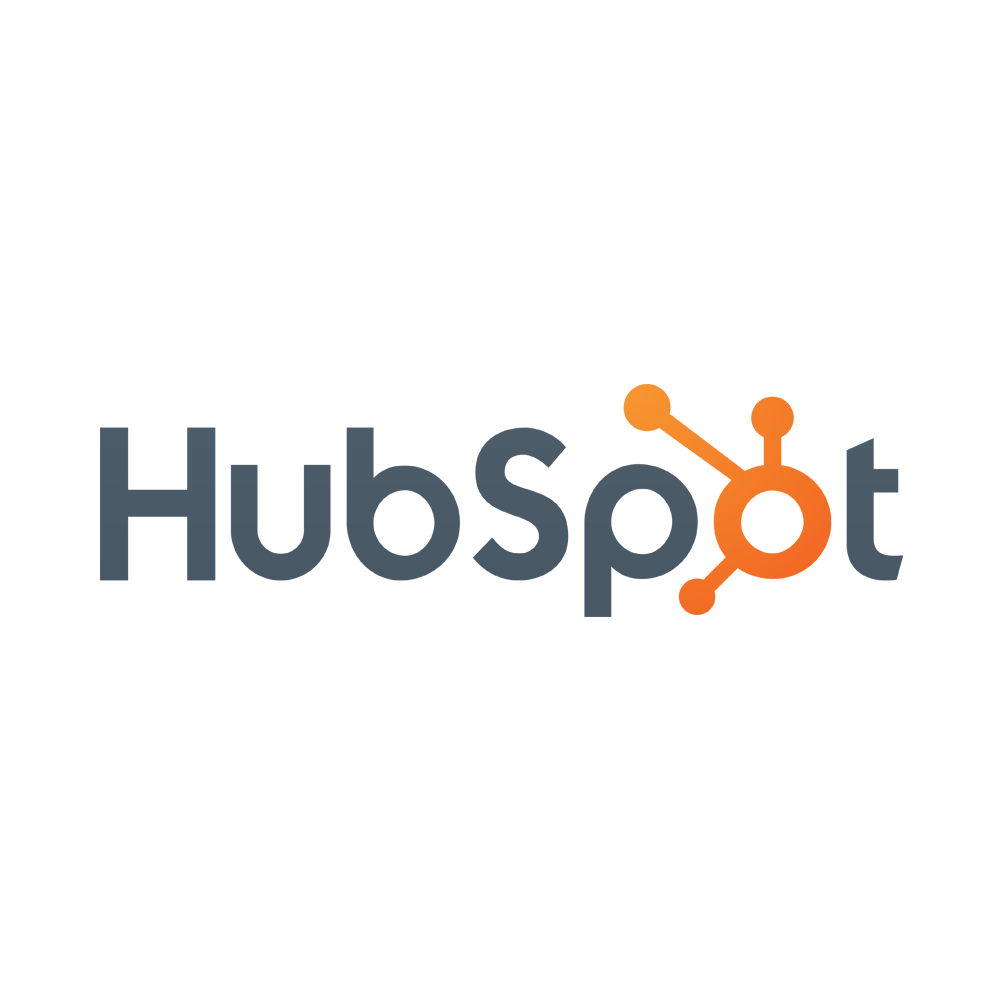
HubSpot Professional
£221.00
A favourite for marketers, HubSpot has it’s roots in content marketing and is a great choice for those that can afford it.
A favourite for marketers, HubSpot has it’s roots in content marketing and is a great choice for those that can afford it.
Pros
- Social media scheduling
- Build landing pages and forms
- Email marketing features
Cons
- Expensive
Although it seems expensive compared to other content marketing platforms, HubSpot is a marketer’s favourite. It’s a does-it-all provider that enables you to manage content, marketing and sales with it’s extensive features. Read the full review.

